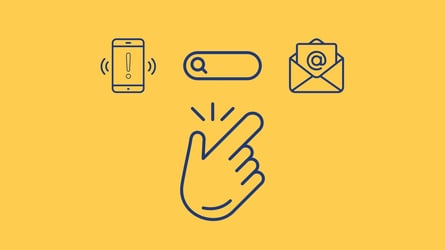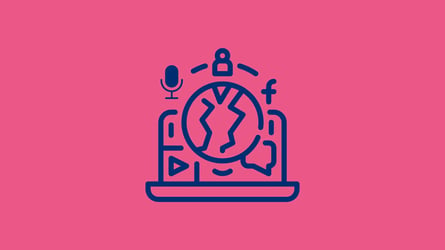In April 2014, Toyota faced a nightmare situation for any brand, but particularly for one that staked its reputation on safety and quality: The company had to recall over 6.39 million vehicles globally due to product faults and quality issues. Suddenly, Toyota was trending on Google and Twitter on a daily basis, but for all the wrong reasons.
Toyota has done many things right in responding to the crisis but the company failed to get ahead of events. As the Toyota crisis rumbled on with a first and then a second recall announcement, the situation increasingly seemed to be managing Toyota rather than vice versa. The brand experienced first-hand how social media’s increased visibility, speed and culpability associated with mass product failures can make or break a company in crisis.
Product recalls need not turn into a brand crisis. They can even be an opportunity to build the brand, provided they are handled appropriately. However, for this to happen, corporations have to be out in front early and have effective early warning systems in place. This can help your marketing and PR teams to move quickly in the name of reputation management, maintain control over communications, limit legal risks and retain customers.
While it’s impossible to predict every eventuality, proactively tracking conversation volume and mentions of your brand, products and supply chain ensures that you have your finger on the pulse and are the first to know when news related to your brand breaks online. This helps you to identify incorrect information, misquotations and slander before they gather ground, respond to legitimate requests for information and put into place an invaluable communications protocol for what to do, should things go wrong.
When we look at the conversation volume for Toyota, we see that the brand experienced a remarkable 163.47% increase in mentions from April 8 to 10. By quickly drilling down into the results, we can see that this increase in conversation was due to Toyota’s announcement of their global recall of 6.4 million vehicles because of safety issues.
By doing this in real-time - Toyota would have been able to see the intense negative reaction, gauge the severity of the crisis as it unfolded, tailor their communications and react appropriately before the situation had escalated further.
Give yourself direction with sentiment analysis
We know how hard it is to build a brand—but one thing we’ve learned is that even negative sentiment in the throes of a crisis like Toyota’s recent recall can be turned into an opportunity to improve your marketing and service teams.
Sentiment analysis is an insightful metric that adds depth to your monitoring efforts because it gauges how social media users feel about your brand, products and content on a macro or micro scale. Sentiment analysis also offers quantifiable metrics that reveal how your crisis communications are resonating with consumers. By running sentiment analysis based on their mentions, Toyota would have quickly had a bird’s eye view of their global brand sentiment following their announcement, been able to identify the worst hit or most problematic regions, determine which countries and in which languages to target further communication and discover which social channels and message to use for content distribution.
Once you are aware of a situation that has the potential to turn into a full scale crisis, or already has, taking steps to calm the situation by showing customers that you are listening and want to help rectify the situation is crucial.
However one always has to be aware of who we are engaging with and crafting the digital exchange in a relevant way is key. This especially applies in a crisis situation where you are required to have a candid, open dialogue with your consumers. Leveraging theme clouds help you swiftly identify the most prevalent topics or customer concerns and enable you to tailor your reactionary content appropriately.
Here we can see an example of what Toyota’s theme cloud looked like in the midst of their recall crisis and how we can clearly identify trending themes and topics related to the announcement:
Toyota's recent troubles serve to encourage more automotive companies to recognise the impact that product re-calls can have on a business's long-term reputation. It also demonstrates how crises like these can turn into very public, very high stakes audits of PR’s competence. Get it right and the organisation's reputation and value can be enhanced; get it wrong and serious brand damage can result.
As we have seen, taking steps to protect your brand and navigate PR storms like Toyota's recent recall is now easier than ever before. With a discerning approach to social media monitoring and an effective alerting system, you have your finger on the pulse. You can rest assured that you will be informed with sufficient time and insight to be able to weather a PR crisis and protect your brand’s health and reputation online.
For more details on how to handle the recall storm without damage to your brand reputation, find our full case study on product recalls in the automotive industry here on the Talkwalker Academy.


